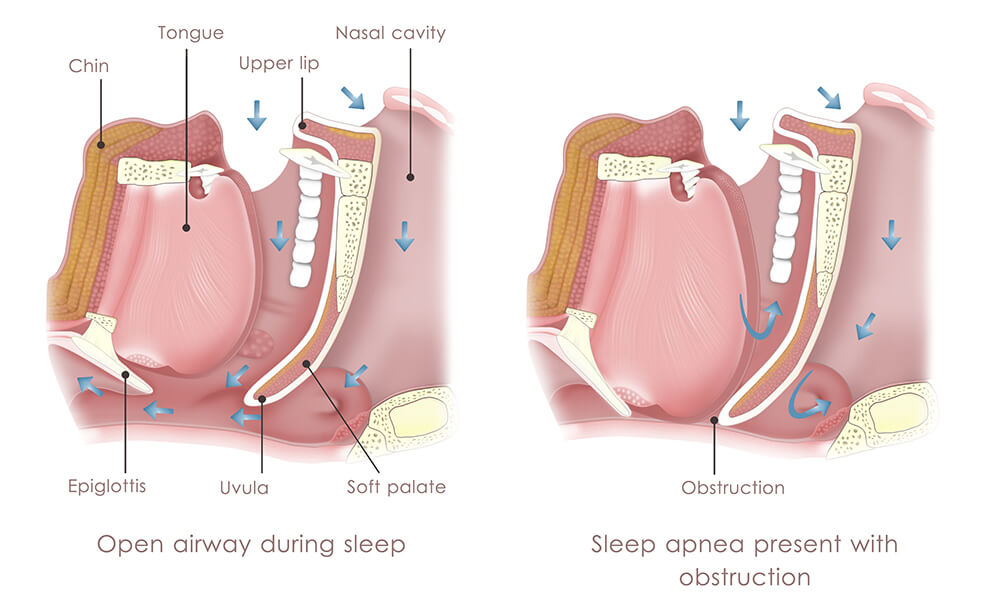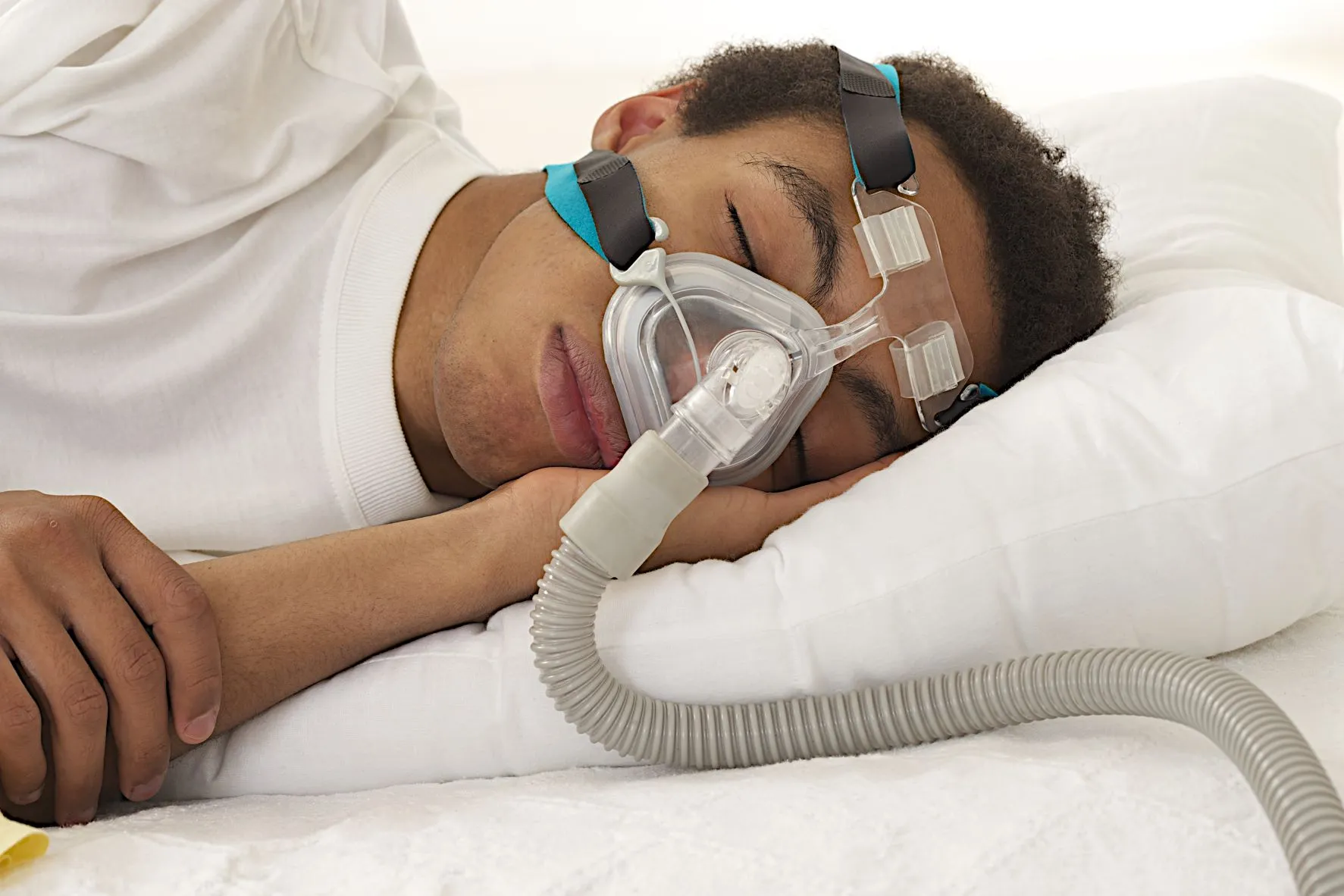Sleep apnea is a serious sleep disorder characterized by repeated interruptions in breathing during sleep. These interruptions can significantly impact overall health and quality of life. Understanding how to address and manage sleep apnea is crucial for those affected. This guide will cover various treatment options, lifestyle changes, and preventive measures to help you manage sleep apnea effectively.
Table of Contents
Understanding Sleep Apnea
Sleep apnea occurs in three primary types:
- The most common form is caused by the relaxation of throat muscles.
- Occurs when the brain fails to send proper signals to the muscles that control breathing.
- A combination of OSA and CSA.
Symptoms of Sleep Apnea
Common symptoms include:
- Loud snoring
- Episodes of stopped breathing during sleep
- Gasping for air during sleep
- Morning headache
- Excessive daytime sleepiness
- Difficulty concentrating
Recognizing these symptoms is the first step toward effective treatment.
Medical Treatments
Continuous Positive Airway Pressure (CPAP) Therapy
CPAP therapy is the most common and effective treatment for obstructive sleep apnea. It involves wearing a mask over the nose and/or mouth during sleep, which delivers continuous air pressure to keep the airways open.
- Advantages: Highly effective in reducing or eliminating apnea episodes.
- Disadvantages: Can be uncomfortable for some users and may cause nasal congestion or dryness.
Bi-level Positive Airway Pressure (BiPAP)
BiPAP machines provide two levels of pressure: a higher pressure when you inhale and a lower pressure when you exhale. This treatment is often used for patients who find CPAP therapy uncomfortable or have central sleep apnea.
Adaptive Servo-Ventilation (ASV)
ASV is a newer treatment that continuously monitors your breathing patterns and adjusts pressure as needed. It is primarily used for central sleep apnea and complex sleep apnea syndrome.
Oral Appliances
Oral appliances are custom-fit devices worn in the mouth during sleep. They help keep the throat open by repositioning the jaw or tongue.
- Less invasive than CPAP, and more comfortable for some users.
- May cause jaw discomfort or stiffness, and is less effective for severe apnea.
Surgery
Surgical options are considered when other treatments are ineffective. These include:
- Removes tissue from the back of the mouth and top of the throat.
- Moves the tongue muscle attachment forward.
- Repositions the upper and lower jaw to enlarge the airway.

Lifestyle Changes
Weight Management
Excess weight, especially around the neck, can contribute to obstructive sleep apnea. Losing weight through diet and exercise can significantly reduce or even eliminate symptoms.
Sleep Position
Sleeping on your back can worsen sleep apnea. Try sleeping on your side to keep airways open. Special pillows or positional therapy devices can help maintain this position throughout the night.
Avoid Alcohol and Sedatives
Alcohol and sedatives relax the muscles in the throat, increasing the risk of airway obstruction. Avoiding these substances, especially before bedtime, can help reduce apnea episodes.
Quit Smoking
Smoking can increase inflammation and fluid retention in the airway, worsening sleep apnea. Quitting smoking can improve symptoms and overall health.
Maintain a Regular Sleep Schedule
Going to bed and waking up at the same time every day can help regulate your sleep patterns and improve the quality of your sleep.
YOU MAY ALSO READ: Can I treat myself for a Yeast Infection?
Home Remedies
Nasal Strips or Nasal Dilators
Using nasal strips or dilators can help keep your nasal passages open, reducing snoring and mild sleep apnea symptoms.
Humidifiers
Adding moisture to the air with a humidifier can reduce congestion and improve breathing during sleep.
Throat Exercises
Performing specific throat exercises can strengthen the muscles in the airway, reducing the risk of collapse during sleep. Examples include:
- Singing: Singing exercises the throat muscles.
- Playing wind instruments: Instruments like the didgeridoo can strengthen the upper airway muscles.
When to Seek Medical Advice?
If you suspect you have sleep apnea, it’s essential to seek medical advice. A healthcare provider can conduct a sleep study to diagnose the condition and recommend appropriate treatment.
Conclusion.
Managing sleep apnea effectively involves a combination of medical treatments, lifestyle changes, and home remedies. By understanding the condition and implementing these strategies, you can significantly improve your sleep quality and overall health.


Leave a Comment